Advice on Choosing Seed for Southern Lawn Rehab
eriross
16 years ago
Related Stories
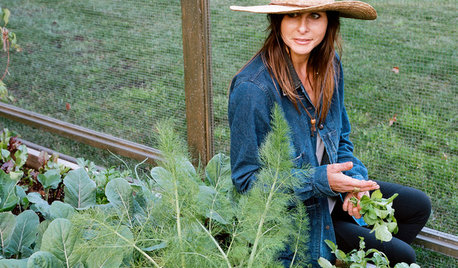
FARM YOUR YARDAdvice on Canyon Farming From L.A.'s Vegetable Whisperer
See how a screened garden house and raised beds help an edible garden in a Los Angeles canyon thrive
Full Story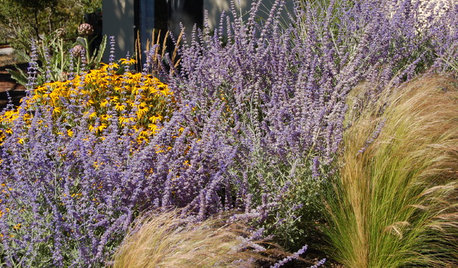
CALIFORNIA GARDENINGSouthern California Gardener's November Checklist
Sow wildflower seeds while ye may, give berries some love and pay attention to produce for garden veggies all winter long
Full Story0
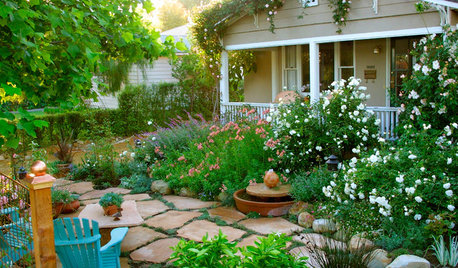
GARDENING GUIDESSouthern California Gardener's October Checklist
Get planting happy this month — so many natives, bulbs, cool-season flowers and vegetable crops to choose from, so little time ...
Full Story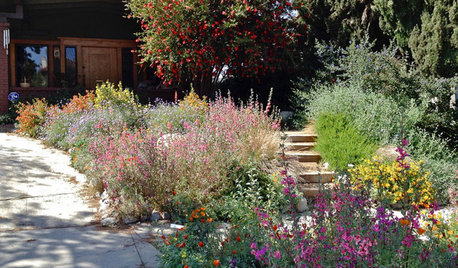
INSPIRING GARDENSNative Plants Bring 10 Southern California Front-Yard Gardens to Life
Rare plants, rain gardens and wildlife habitats are just a few of the features showcased on the 2016 Theodore Payne Native Plant Garden Tour
Full Story
LANDSCAPE DESIGN15 Great Ideas for a Lawn-Free Yard
End the turf war for good with hardscaping, native grasses and ground covers that save water and are easier to maintain
Full Story
LANDSCAPE DESIGNGet Along With Less Lawn — Ideas to Save Water and Effort
Ditch the mower and lower your water bill while creating a feast for the eyes with diverse plantings and gathering places
Full Story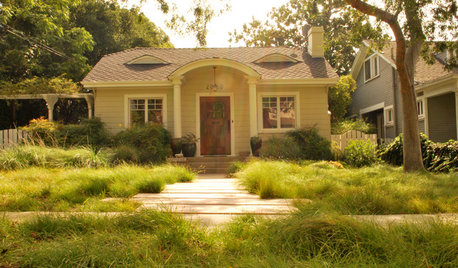
MOST POPULARMeet a Lawn Alternative That Works Wonders
Carex can replace turfgrass in any spot, is low maintenance and adjusts easily. Add its good looks and you’ve got a ground cover winner
Full Story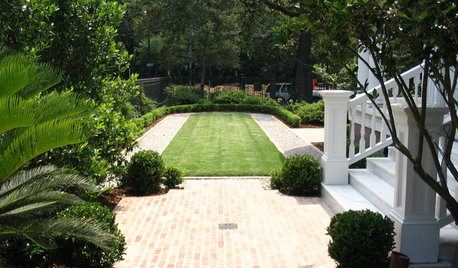
GARDENING GUIDESHow to Plant a New Lawn From Sod
Take the quick-start route to turf with sod; these installation guidelines will help ensure a healthy and long-lasting lawn
Full Story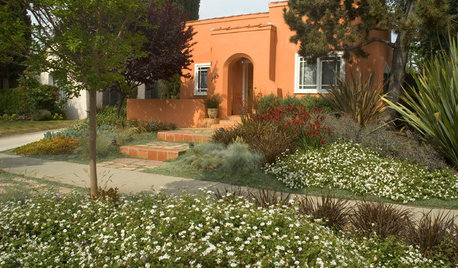
GREAT HOME PROJECTSHow to Replace Your Lawn With a Garden
New project for a new year: Lose the turfgrass for energy savings, wildlife friendliness and lower maintenance
Full Story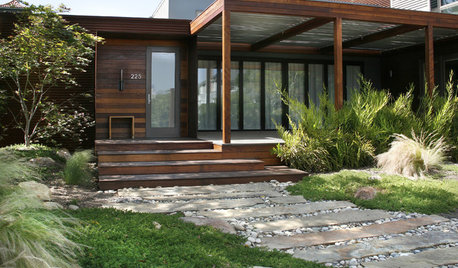
LANDSCAPE DESIGN7 Low-Maintenance Lawn Alternatives
Turf isn't the only ground cover in town. Get a lush no-grass lawn with clover, moss and other easy-care plants
Full Story







texas_weed
erirossOriginal Author
Related Professionals
Folsom Landscape Architects & Landscape Designers · Graham Landscape Architects & Landscape Designers · Parole Landscape Architects & Landscape Designers · Surprise Landscape Contractors · Peabody Landscape Contractors · Addison Landscape Contractors · Belmont Landscape Contractors · Cedar Hill Landscape Contractors · East Patchogue Landscape Contractors · Elkridge Landscape Contractors · Englewood Landscape Contractors · Hollywood Landscape Contractors · Mahwah Landscape Contractors · Thornton Landscape Contractors · Reisterstown Landscape Contractorstexas_weed
texas_weed
erirossOriginal Author
texas_weed
erirossOriginal Author